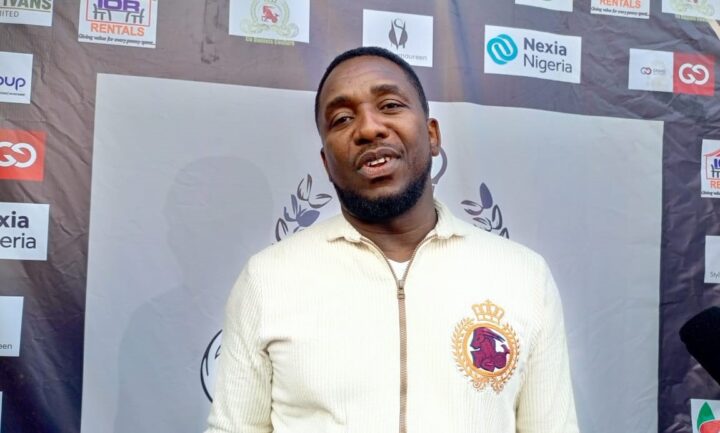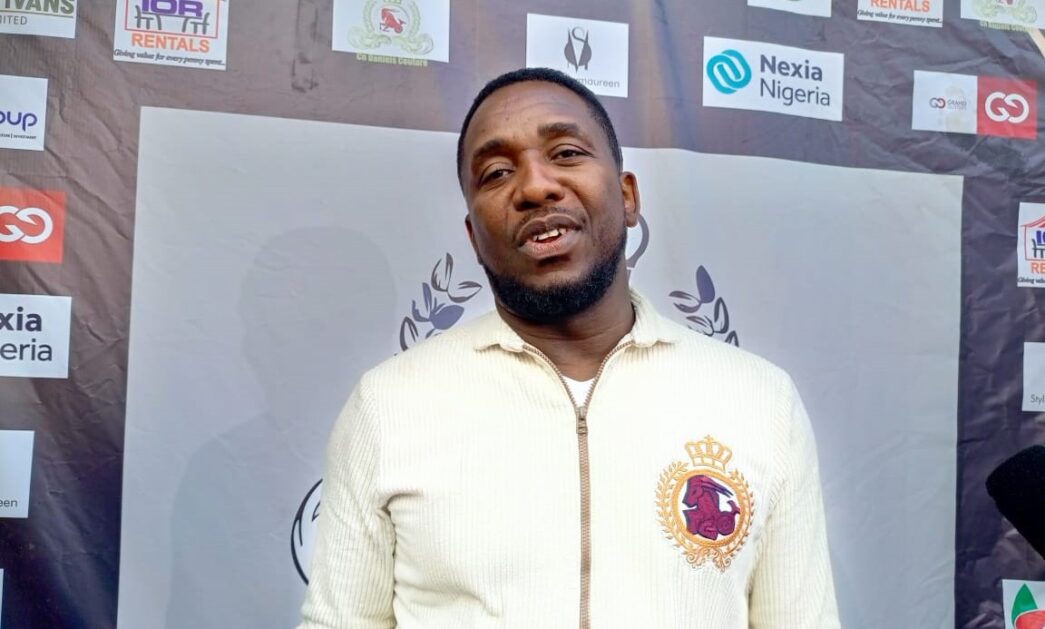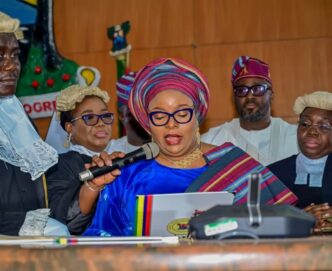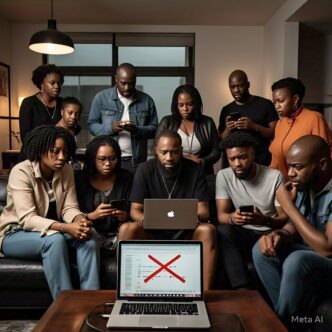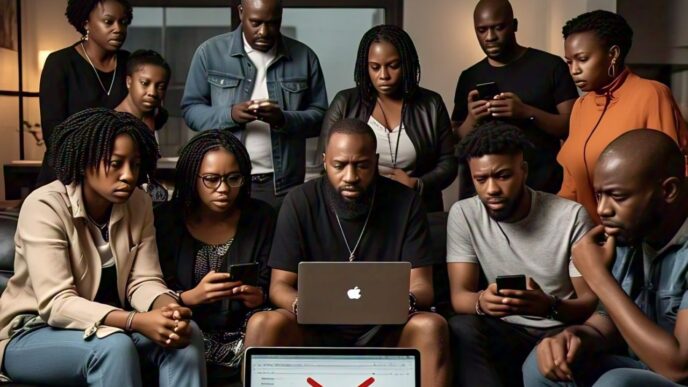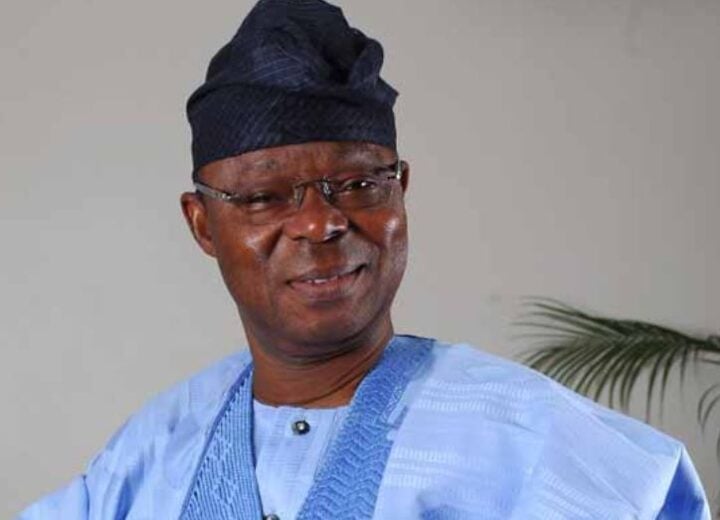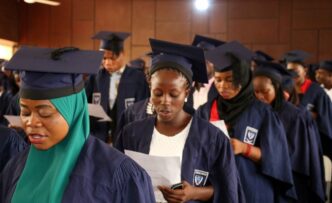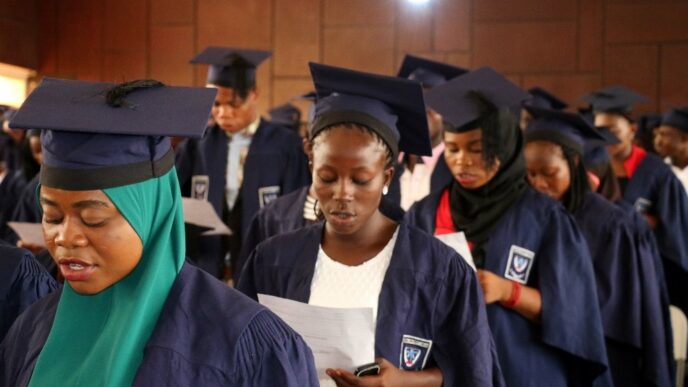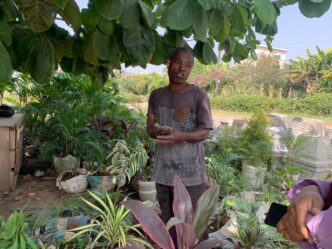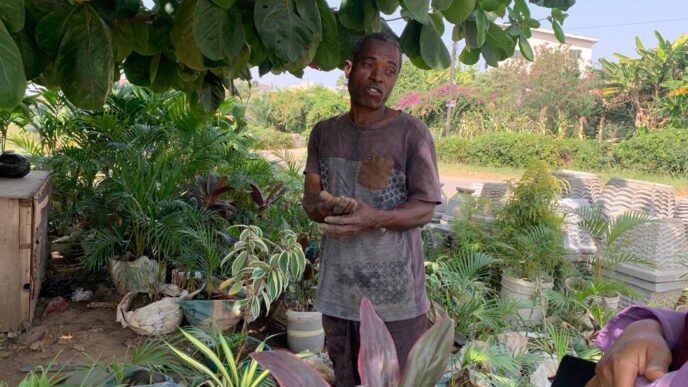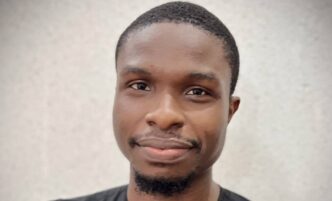Nnamdi Daniels, popularly known as the Jacket King, is the creative director of CN Daniels Couture, a leading fashion brand in the federal capital territory (FCT).
In this interview with TheCable’s YEKEEN AKINWALE, he spoke about the brand’s presence in the nation’s capital over the last 10 years and the impacts of government policies on the fashion industry.
TheCable: What has changed in the fashion industry globally and locally since you started your fashion brand?
Daniels: There has been a major disruption in the fashion industry. Before now, fashion in Nigeria was for the uneducated. Today, the educated population is into fashion, with undergraduates and graduates studying to become fashion designers. Our brands are out there in the world. CN Daniels has branches in Kampala, Uganda, and the United Kingdom (UK). Nigerian fashion has grown, and the world has accepted it. People are getting used to our style and our ability to create contemporary wear.
Advertisement
TheCable: You have been around for over 10 years in the business; how has the operating environment affected the fashion industry?
Daniels: There are so many challenges, one of which is government policies. We have so many policies that don’t favour designers, especially the ban on fabrics. It makes it difficult for us to access textiles because we don’t have good textiles here in Nigeria at the moment. Power is an issue. There is no steady power anywhere in the country.
There is also the issue of access to funding. A lot of people are coming into the industry, and they need funds but have no access to it. You find out that the financial institutions are demanding so much collateral.
Advertisement
TheCable: Do you think the federal government is consulting relevant stakeholders in the formation of these policies?

Daniels: There was an event recently at the Art and Cultural Centre in Abuja that we were a part of. We are still optimistic that this will work, but it is not the first that we have heard of programmes like this. Let’s hope that this one works.
It is difficult for young entrepreneurs to get access to funding and machines, among others. Policymakers should involve some of us or hold a town hall meeting to get our opinions on how things can work better. You cannot blame them for the policies they are making because they are just civil servants doing their duty. They are not in the field to understand what is happening therein. When you bring in people from the field, it helps them to analyse across all areas for good decision-making. This way, they hear from us. We tell you what will help our industry.
Advertisement
There should be a conversation, not just an event. It should be an ongoing conversation – a conversation where we can say, “This will help, that will help, this we can throw away.”
TheCable: How does CN Daniels empower people in the Nigerian fashion industry?
Daniels: A majority of Nigerian tailors are not based in the urban cities. With our project, we go to the suburbs, especially places like Ilorin, where young people learn fashion or tailoring from a young age. We bring them up to the city and teach them how to work. And in no long time, they are good to start working and can cater to their loved ones.
We have worked with over 70 people from Ilorin in the last four years since we started here in Abuja. Right now, some of them are working in our brand office in Kampala.
Advertisement
TheCable: How do you make your fashion training selection inclusive?
Daniels: We don’t discriminate. If you have the skill or the need to understand what we do, we ensure that we help you in any way we can. We have created a system where people return based on whom they have seen and say, “My son or daughter has done this or that; can they come or join?”
Advertisement
We select based on our needs at a time. It could be 10 persons at a time. This new year, we will have 10 people in January and then increase it to another 10 in March because we have just moved some of them to a different country to head up our brand there.
TheCable: What do you think the government should do differently to help the industry?
Advertisement
Daniels: The federal government needs to stop giving out Nigeria’s money to so-called “poor people”. Give it to people who employ people. Giving out money to poor people makes them poorer.
When you fund an entrepreneur who knows what he or she is doing and give him a mandate stating, “I am giving you a hundred million such that in the next 10 years, I want you to create a hundred more of you,” then that will ensure success.
Advertisement
In essence, I am saying entrepreneurs across all aspects of our economy — small and medium entrepreneurs — are the ones that are largely running the economy in any country. If you neglect them, you are creating poverty.
TheCable: Have you been able to access the funds the government said are available to creatives via the Bank of Industry and other agencies?
Daniels: I have tried twice to find real funds from the BOI. I went to the BOI for equipment leasing, and they asked me for a bank guarantee. If I had a bank guarantee, why would I come to ask you for money? A bank guarantee means I have that money stocked somewhere in the bank. If I did, why go to the BOI for funding and pay interest?
The requirements are not very encouraging. There is nothing reasonable about the BOI telling entrepreneurs to bring a bank guarantee. What you should do is a facility visit first. See the track record of these businesses, check their bank statements, and do not ask for unnecessary criteria like bringing your land document, then estate C of O.
TheCable: What are your plans for sustainability and the circular economy?
Daniels: We are reducing our gas emissions. We have introduced solar systems; even though we know heating is a problem, we still use diesel. We are also reusing fabrics for our work and giving away leftover fabrics to pad manufacturers, etc.
Add a comment
